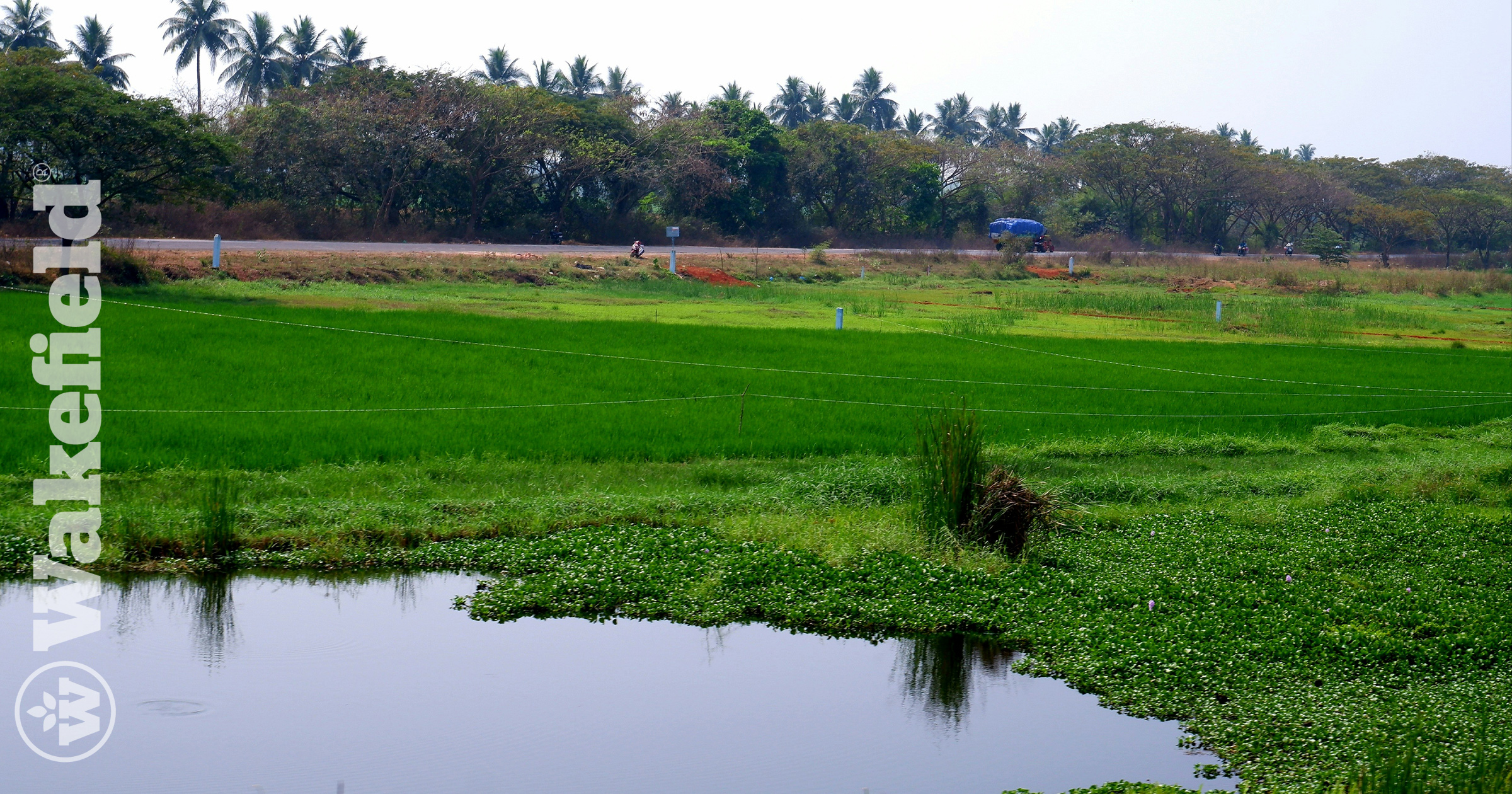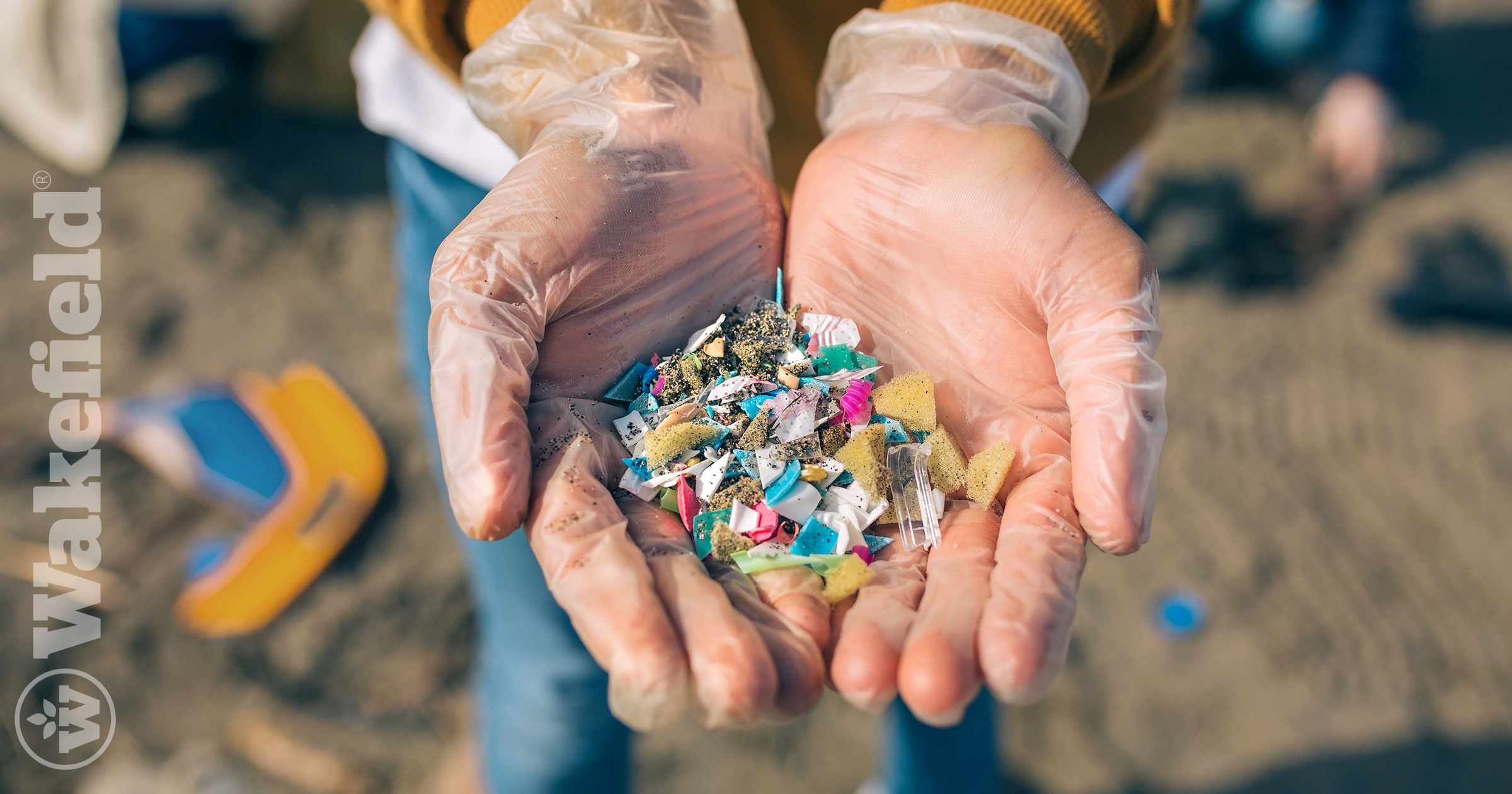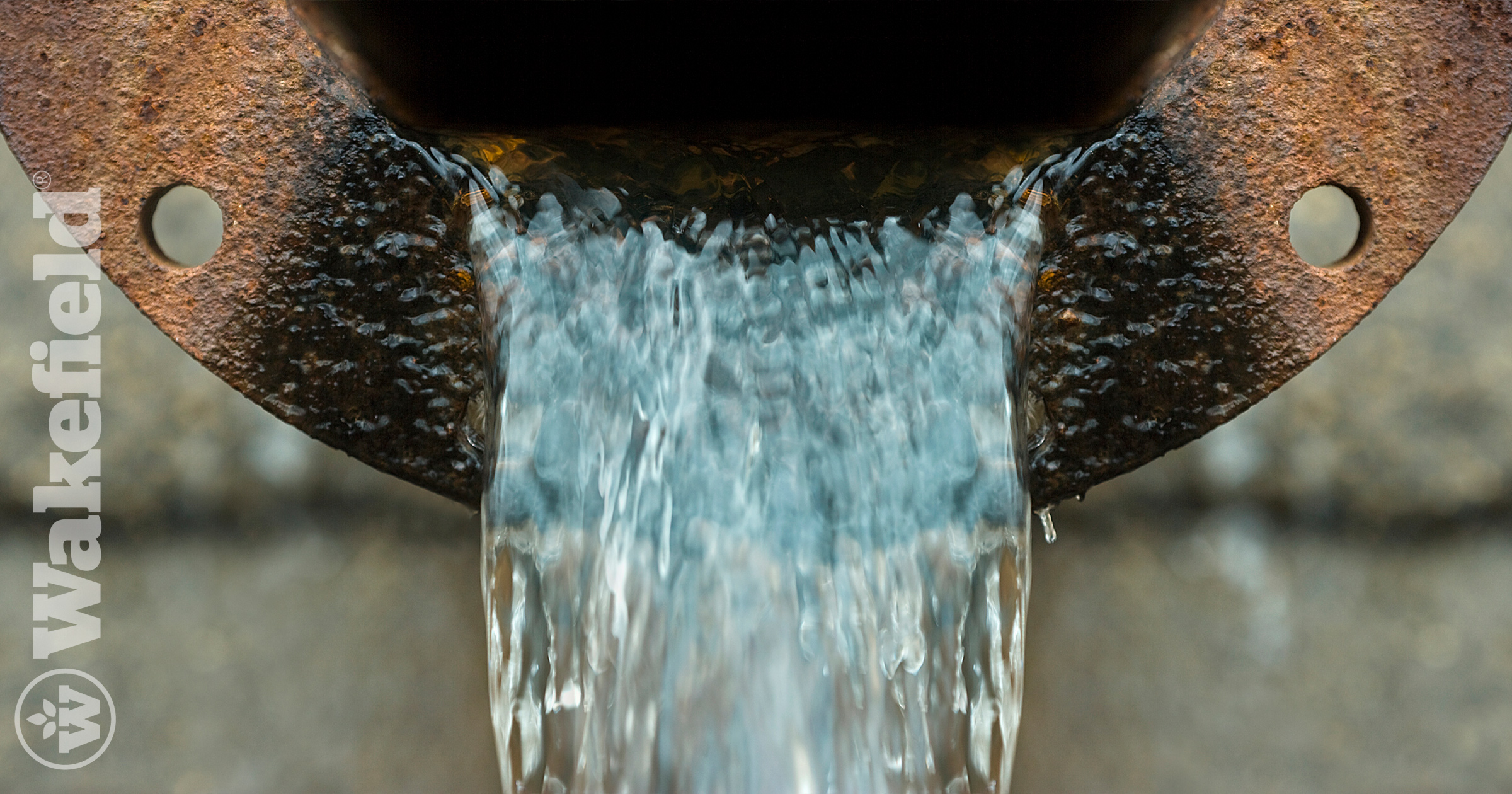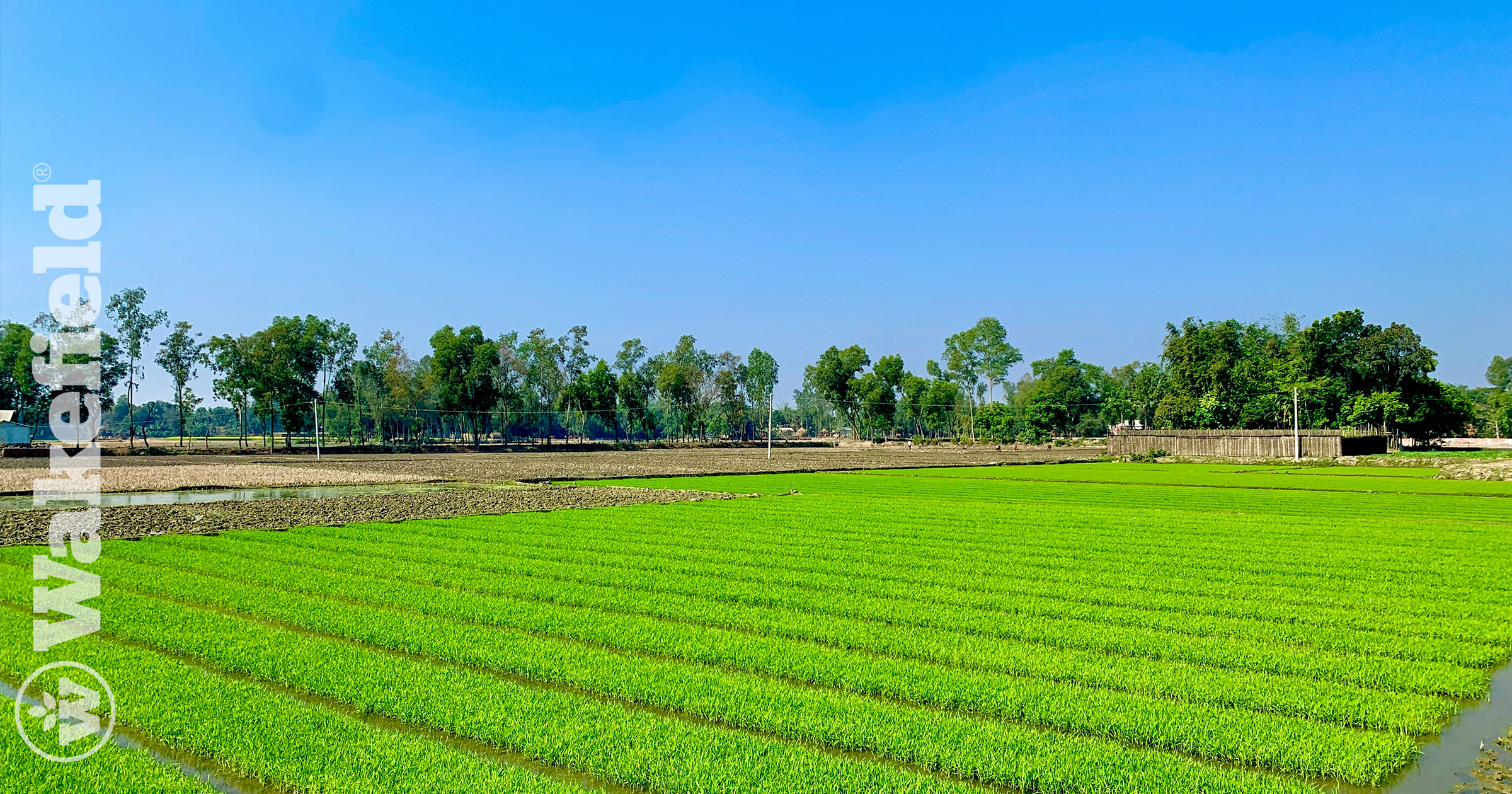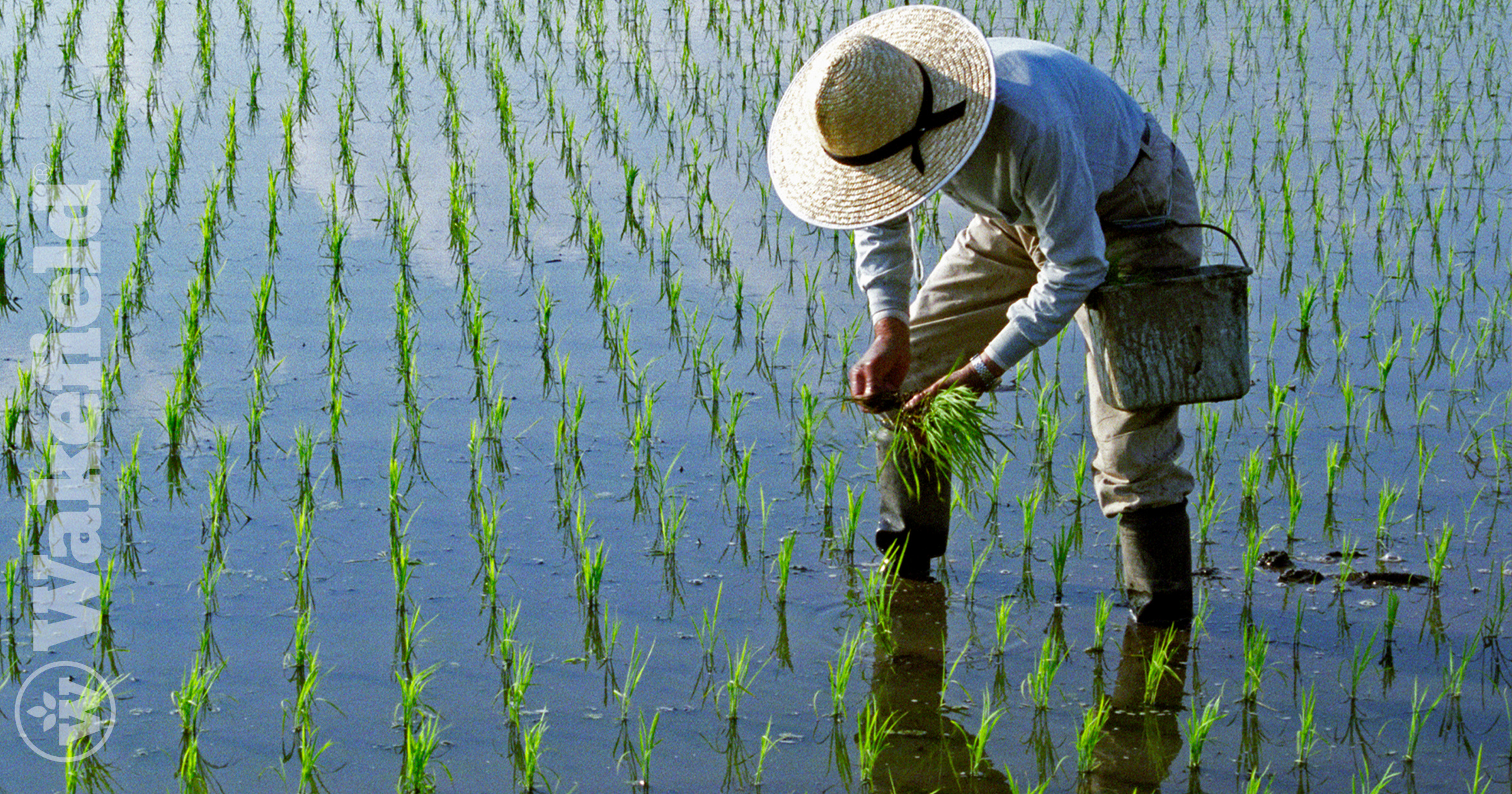
Learning Center
Explore practical articles, expert insights, and step-by-step guides to enhance your gardening.


Learning Center Channels
The following articles appear in the Academic Researchers channel:
Biochar’s Role in Boosting Water Retention
High-interporosity biochar significantly boosts water retention in coarse soils, especially when combined with compost and cover cropping.
Role of Biochar in Alleviating Microplastic Toxicity
Discover how biochar helps alleviate microplastic toxicity in soil, promoting a healthier environment.
How Biochar Aids in Municipal Wastewater Remediation
Achieve cleaner water with biochar, the powerful solution transforming municipal wastewater into a safer, eco-friendly resource!
Biochar Amendment and Nitrogen Fertilizer Contribute to the Changes in Soil Properties and Microbial Communities in a Paddy Field
Combining biochar and nitrogen fertilizer improved soil quality, boosted rice yield, and increased beneficial microbes in paddy fields, enhancing crop growth.
Biochar for Water Conservation
By retaining water, maintaining soil health, and reducing environmental harm, biochar is essential for efficient water use and conservation, offering a tangible solution to water shortages and environmental concerns, ultimately securing a better future.
Biochars Reduce Mine Land Soil Bioavailable Metals
Scientists investigated the potential of using biochar made from local feedstocks, pine beetle–killed lodgepole pine and tamarisk, to remediate soils affected by mine lands.
Biochar, Carbon Credits, and Climate Mitigation
The carbon market reduces greenhouse gases by promoting efficient energy use, renewable energy, and tree planting, earning tradable carbon credits to fund carbon capture projects.
Biosolids and phosphate remediation with biochar
Biosolids, when treated with biochar, become a potent tool for phosphate remediation, harnessing the power of nature to mitigate water pollution and restore ecological balance.
Using less chemical fertilizer with biochar improves soil and boosts yields
Researchers found that moderate biochar use in rice farming improves soil quality and yields, while excessive amounts are less effective, highlighting the need for balanced biochar application to reduce reliance on chemical fertilizers.
Impact of biochar on water retention of two agricultural soils
This study revealed that high-surface-area biochar, such as walnut shell, enhanced water retention in sandy soils, particularly at higher application rates, but showed limited effects in fine-textured soils.
